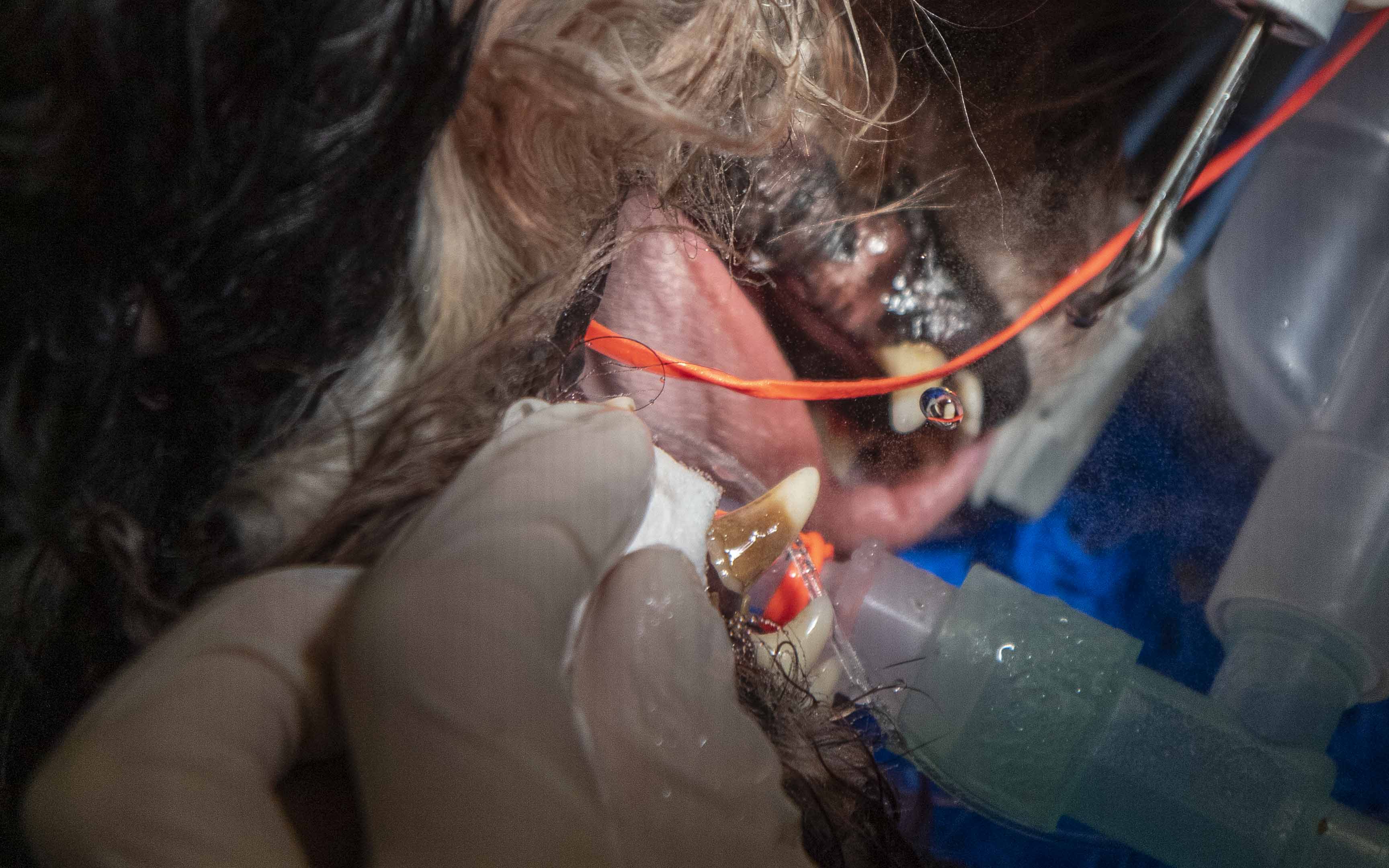Advantages of hiring short-term veterinarians:
Flexibility: Substitutes provide clinics with flexibility to manage staffing needs. They can be employed to cover specific shifts, weekends, or holidays when regular staff members are not available.
Expertise in different areas: Substitutes often have experience in various areas of veterinary medicine and bring diverse expertise. They may have specialized knowledge in certain fields or procedures, providing the clinic access to a broader range of expertise.
Reduced workload for regular staff: Hiring substitutes can help alleviate the workload for regular veterinarians and support staff, especially during busy periods or when employees are on leave. This can prevent burnout and maintain a better work-life balance for the regular team.
Fresh perspectives and ideas: Substitutes bring fresh perspectives and ideas to the clinic due to their exposure to different clinics and veterinary practices. They can introduce new techniques, protocols, or treatment options that the clinic can benefit from.
Covering unforeseen absences: Substitutes can step in on short notice to cover unforeseen staff absences due to illness, emergencies, or other personal reasons. This ensures continuous care for the clinic's patients and maintains the quality of services.
Challenges of hiring short-term veterinarians:
Lack of familiarity with clinic guidelines and procedures: Substitutes may require extra time and resources to familiarize themselves with the clinic's specific guidelines, procedures, and protocols. This can involve a learning curve and temporary inefficiency.
Limited continuity of care: Substitutes provide temporary care, which can lead to reduced continuity of care for the patients. Continuity of care is important for building lasting relationships with clients and understanding the specific needs of each individual animal.
Potential disruption of team dynamics: Introducing new short-term staff members can disrupt the established team dynamics. Regular employees may need to adapt their work styles or communication methods to accommodate the temporary veterinarian, which can create temporary challenges.
Difficulties in building client relationships: Clients often prefer continuous care from familiar veterinarians. With substitutes rotating through the clinic, it can be challenging to build strong relationships with clients, leading to dissatisfaction or reduced client loyalty.
It is important to consider these advantages and disadvantages in light of the specific needs and circumstances of each veterinary clinic when deciding whether to hire substitutes or short-term veterinarians.
Clinical examples
Birk og Bork dyrehospital:
The animal hospital was established over 20 years ago in a medium-sized Norwegian city in the eastern part of the country. Since then, it has only grown and grown, and now it is located in an impressive purpose-built animal hospital. There are 15 veterinarians, 9 veterinary nurses, and 5 receptionists, and everything runs like a well-oiled machine. However, staffing remains a challenge. Currently, 2 of the veterinarians are on sick leave, and 1 is pregnant and will soon reduce her working hours. There is a lot of pressure on the full-time veterinarians, and the general manager is concerned about more sick leaves if they don't get some relief. He contacts Vikarvet and requests a substitute veterinarian indefinitely. The substitute veterinarian receives a higher salary than a permanent employee, but ultimately, it doesn't cost the clinic much more as they avoid many of the responsibilities that come with permanent employees. Those responsibilities lie with the temp agency, which takes care of employer contributions, pensions, vacations, and any risk of sick leave, etc.
Vikarvet quickly sends veterinarian Amalie. She has two years of experience but has mainly worked with cows and sheep at a mixed clinic. She is nervous but also excited and positive about this assignment. She quickly integrates into the team, and everyone loves her infectious laughter and witty antics. She stays there for 8 months before feeling the need for a longer vacation, maybe some time in her hometown where she can stay with her parents for a while.
The animal hospital has decided to hire a new veterinarian now, but they preferably want someone with specialized training. Unfortunately, it's not easy to find one, so they bring in a new substitute on a temporary basis until the right candidate for the position appears

Bjømlodalen dyreklinikk:
Bjømlodalen Animal Clinic was established three years ago by veterinarians Anna and Charlotte, who were friends from their time in veterinary school. The clinic was strategically located in a small village situated between three other villages that previously lacked a good veterinary service. In addition to the two veterinarians, there was a receptionist and a licensed veterinary nurse at the clinic. The clinic was modern, and all the necessary diagnostic equipment was in place. Over the past six months, the workload had increased significantly, and not a day went by without the receptionist having to turn away customers and refer them to a competitor.
Anna and Charlotte began to realize that they might need an additional veterinarian, and Anna herself had become quite tired and wanted to reduce her working hours to 75%. But the question was: Can we afford an extra veterinarian? Do we have enough space? Will the workload and profits increase if we hire another person, or will it remain unchanged? What if we hire the wrong person?
They decided to contact VikarVet. A week later, Tonje showed up. She was a relatively newly graduated veterinarian, but still a highly valuable resource to have during busy periods. In the beginning, she was assigned simpler tasks to familiarize herself with the routines. Her days were filled with vaccinations and basic consultations such as ear cleaning, treatment of diarrhea, wound care, and various internal medicine cases. This helped relieve Anna and Charlotte, who had more time to handle more complex cases and emergent surgeries that arose. After a few months, they realized that they definitely needed a permanent veterinarian, and they posted a job advertisement. Tonje had no interest in becoming a permanent employee as she was going to Cambodia to learn hang gliding, but she stayed there for an additional two months until the clinic found a permanent veterinar

